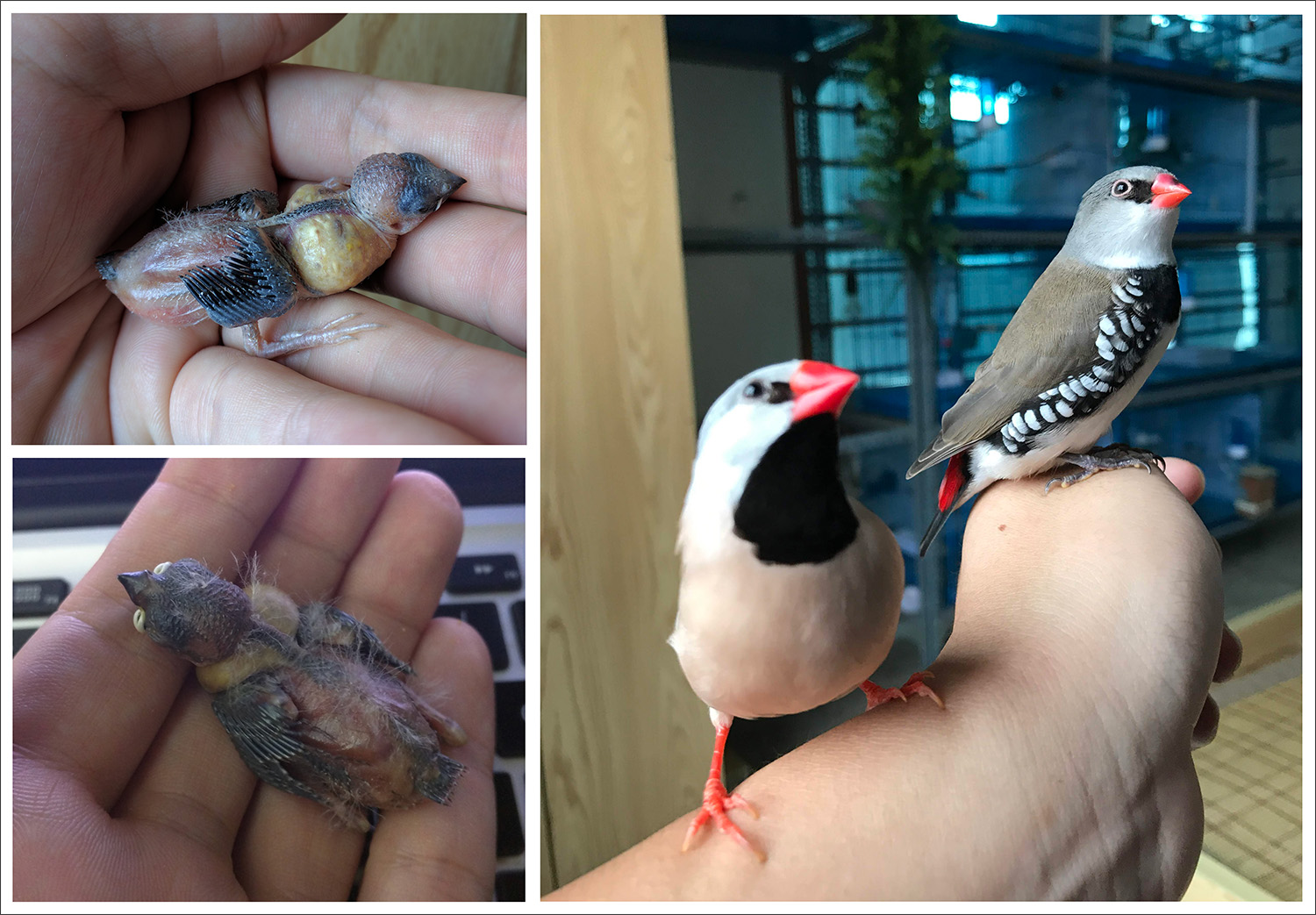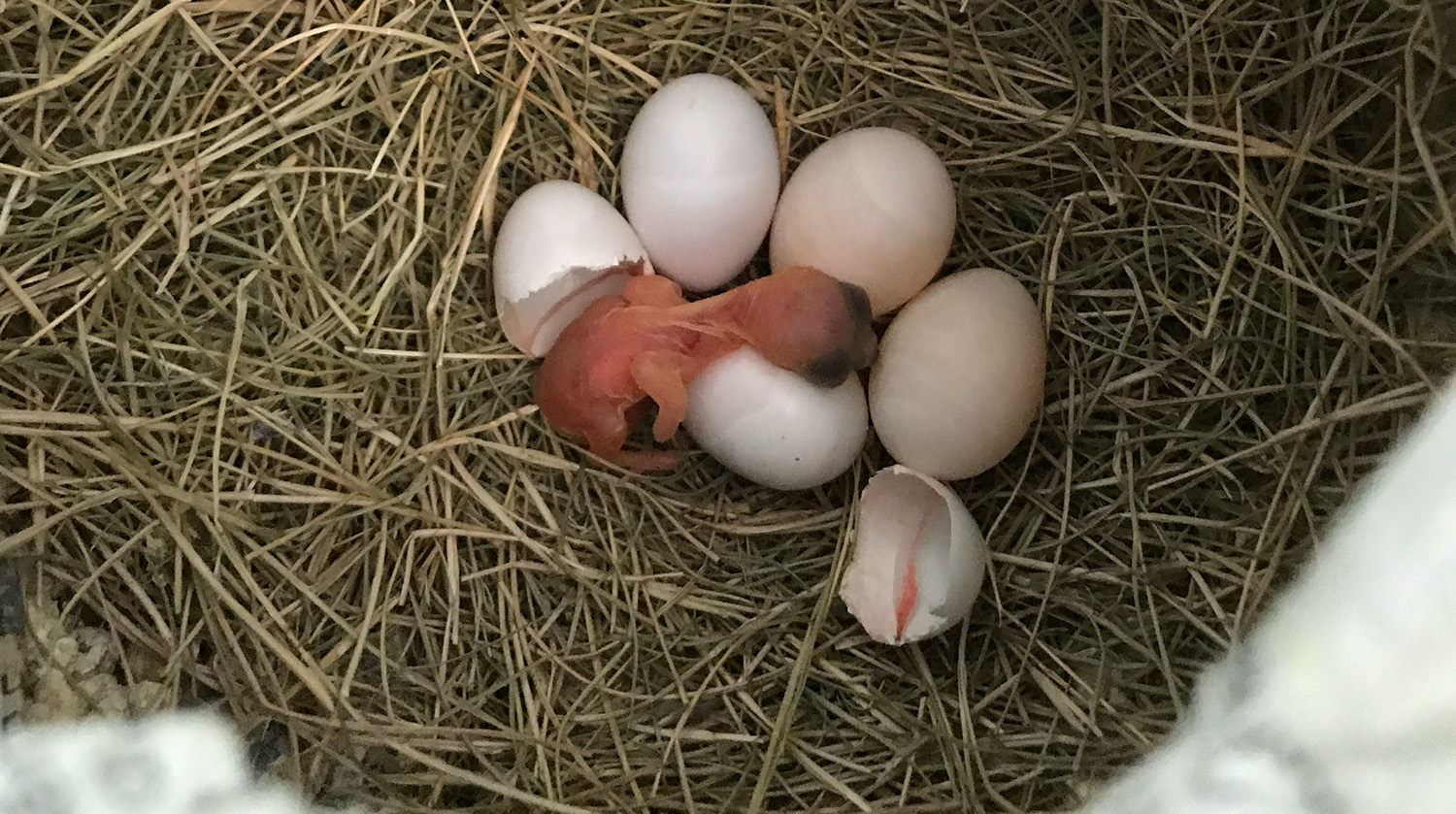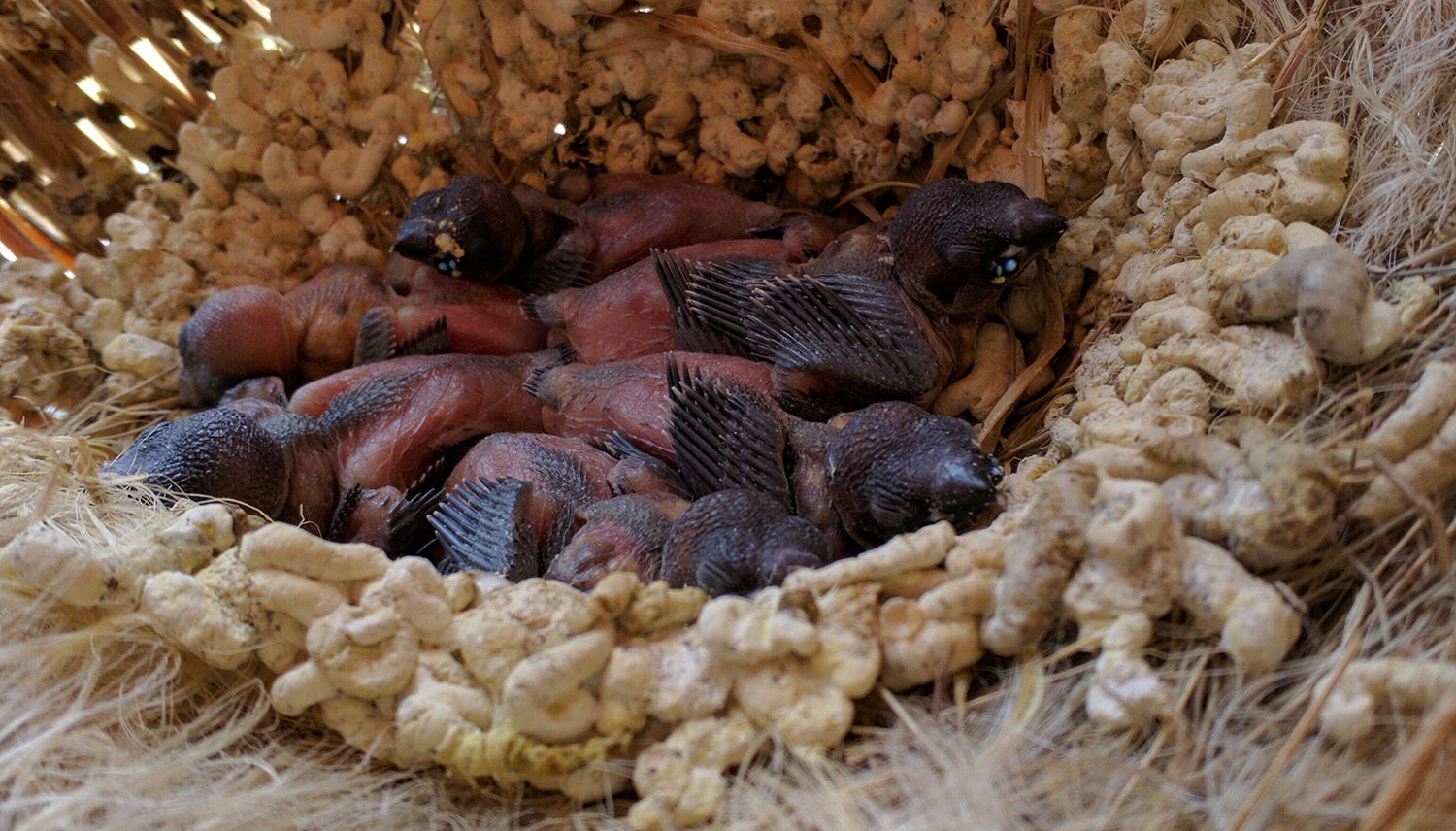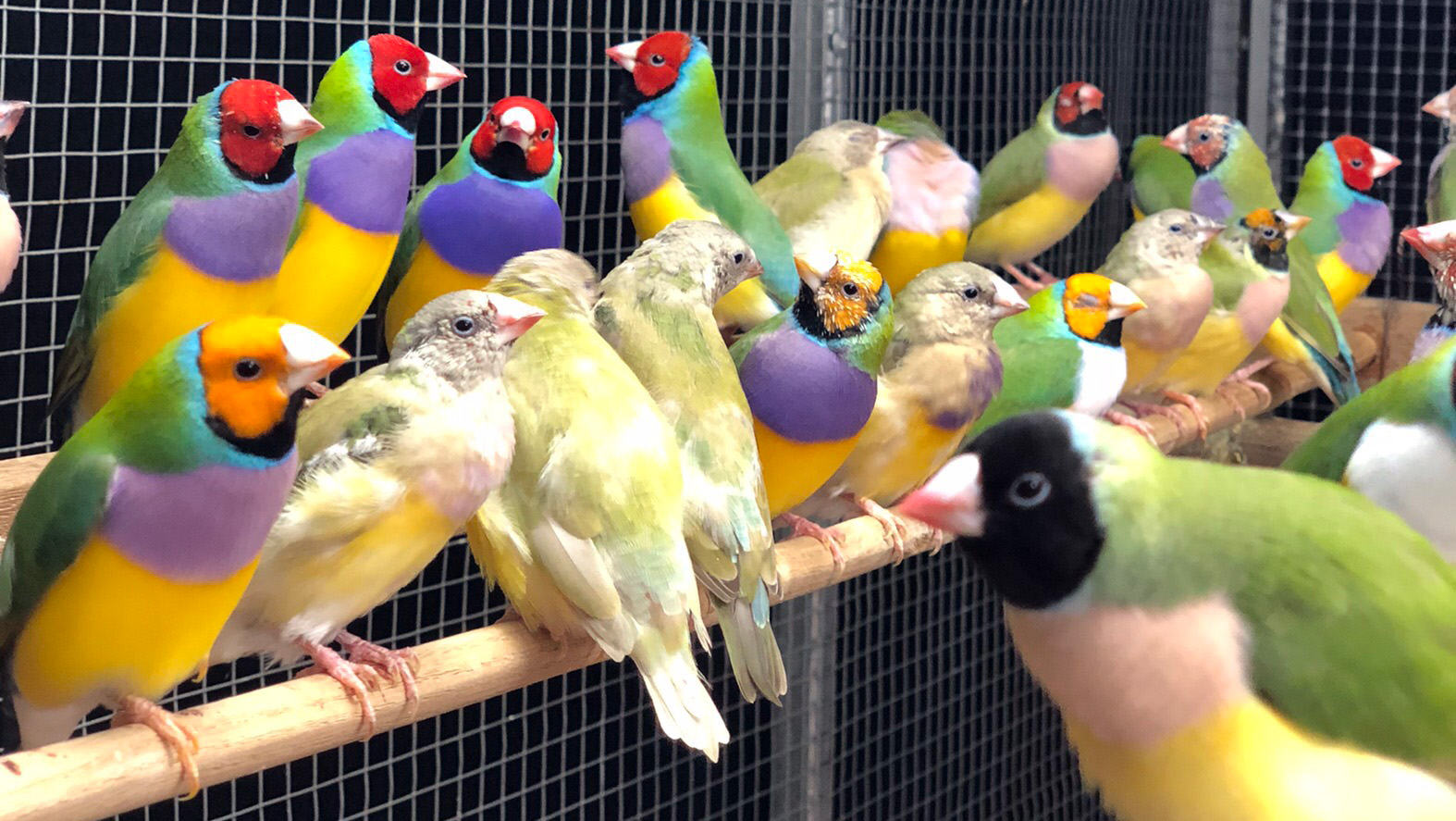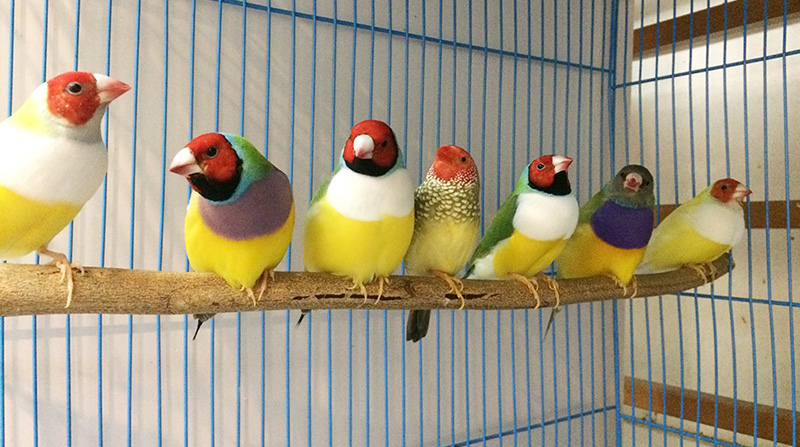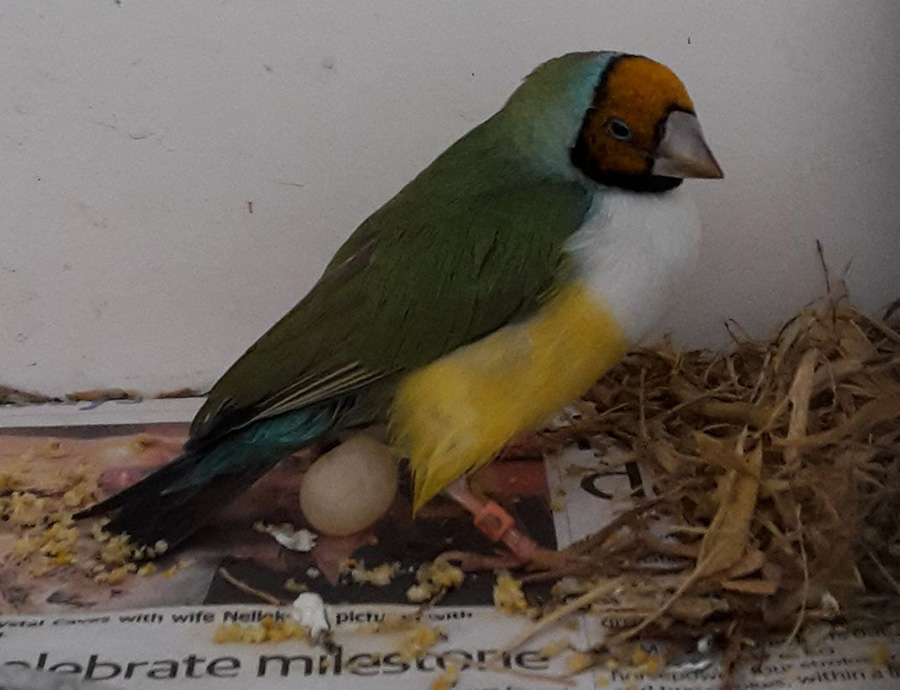
Egg Binding in Finches: Causes, Symptoms, and Treatments
By longnkp / Jul 19 2024 / Breeding
Welcome to my cozy corner of the internet, where we share tips, stories, and advice on how to care for our feathered friends. Today, I'm going to tackle a topic that might seem daunting but is crucial for finch owners to understand: egg binding.
Egg binding can be a serious issue for finches, but with a bit of knowledge and preparedness, you can help ensure your birds remain healthy and happy. Let's dive into what egg binding is, how to spot it, and what you can do to prevent and treat it.
What is Egg Binding?
Egg binding occurs when a female bird is unable to pass an egg through her reproductive system. This can be life-threatening if not addressed promptly, as the retained egg can cause serious complications. Finch owners need to be vigilant and knowledgeable about this condition to ensure the well-being of their pets.
Understanding the Reproductive Cycle of Finches
Before we delve into the details of egg binding, it's essential to understand the basic reproductive cycle of finches. Female finches have a reproductive system designed to produce and lay eggs regularly. Under normal circumstances, an egg travels from the ovary through the oviduct and out of the cloaca (the bird's common exit for the digestive, urinary, and reproductive tracts).
However, sometimes things don't go as planned, and an egg can get stuck. When this happens, it can lead to egg binding, a condition requiring immediate attention.
Causes of Egg Binding in Finches
Several factors can contribute to egg binding in finches, including:
- Nutritional Deficiencies: One of the leading causes of egg binding is a lack of essential nutrients, particularly calcium. Calcium is crucial for egg formation and muscle contractions, which help the bird lay the egg. Without sufficient calcium, a finch may struggle to pass the egg.
- Poor Diet: A diet lacking in variety can contribute to nutritional deficiencies. Finches need a balanced diet that includes seeds, fruits, vegetables, and protein sources.
- Age and Health: Younger and older birds are more susceptible to egg binding. Young finches may not have fully developed reproductive systems, while older finches may have weakened muscles or other health issues that complicate egg-laying.
- Obesity: Overweight birds can have difficulty laying eggs due to excess fat around their reproductive organs, which can impede the egg's passage.
- Lack of Exercise: Birds that are not active may have weaker muscles, making it more difficult for them to lay eggs.
- Environmental Factors: Stressful environments, lack of privacy, and inappropriate nesting conditions can all contribute to egg binding.
Recognizing the Signs of Egg Binding
Knowing the signs of egg binding is crucial for early intervention. Here are some symptoms to watch for:
- Straining: If your finch appears to be straining or making repeated attempts to lay an egg without success, this is a clear sign of trouble.
- Swollen Abdomen: A swollen or bloated abdomen can indicate an egg is stuck inside.
- Fluffed Up Feathers: Birds often puff up their feathers when they are unwell. If your finch is fluffed up and lethargic, it might be a sign of egg binding.
- Loss of Appetite: A finch in distress may refuse to eat or drink.
- Drooping Wings: If your finch's wings are drooping and it seems weak or unable to fly, this could be a sign of egg binding.
- Labored Breathing: Difficulty breathing or panting is a severe symptom that requires immediate attention.
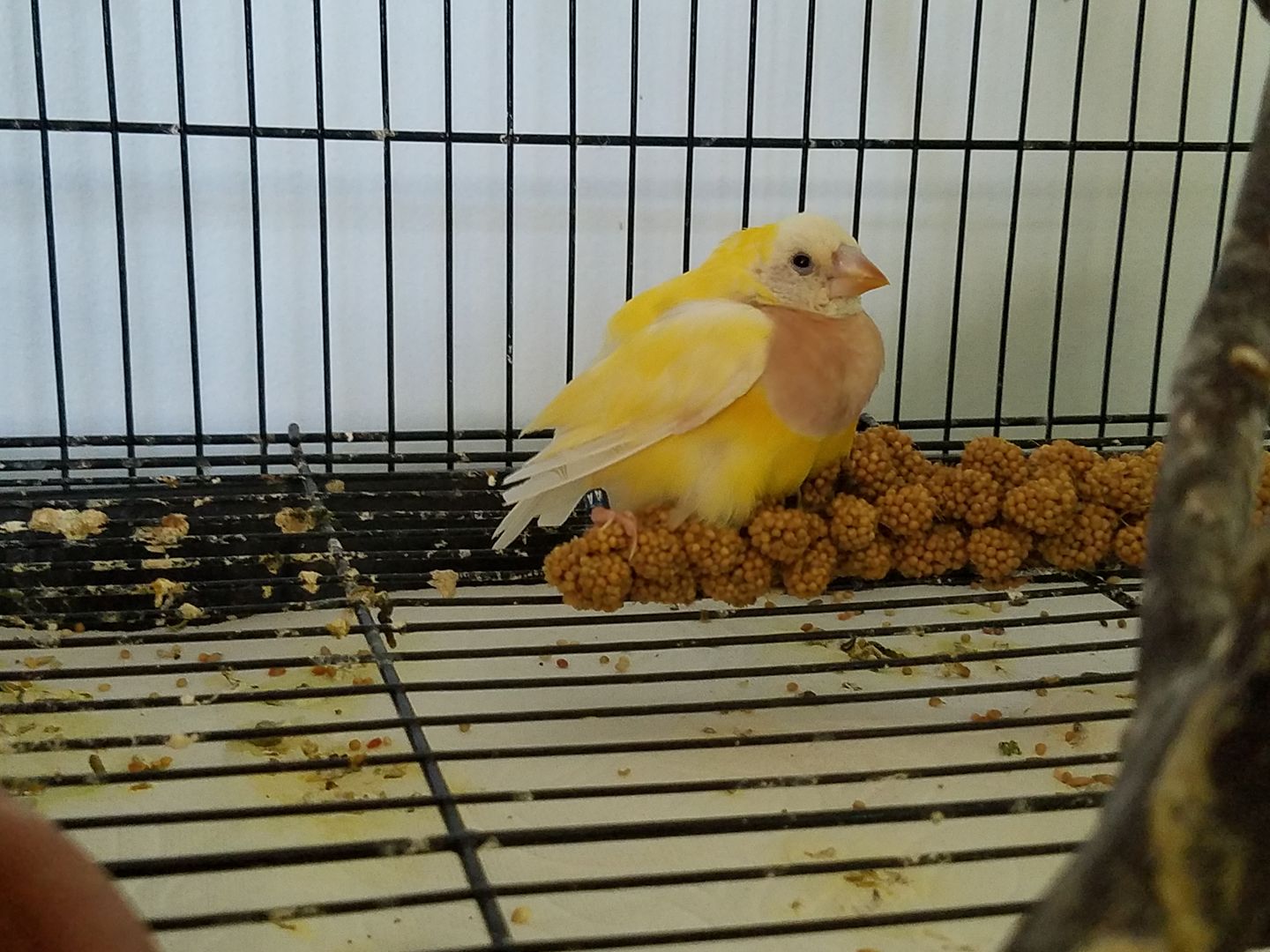
Female Gouldian finch with egg binding
Immediate Steps to Take if You Suspect Egg Binding
If you suspect your finch is egg-bound, it's crucial to act quickly. Here are some immediate steps you can take:
- Provide Warmth: A warm environment can help relax the bird's muscles. Place your finch in a small, heated enclosure, such as an incubator or a hospital cage. You can also use a heating pad or a hot water bottle wrapped in a towel.
- Hydration: Ensure your finch has access to fresh water. You can also offer electrolyte solutions to help keep the bird hydrated.
- Humidity: Increasing humidity can help soften the egg and make it easier for the bird to pass it. You can place a humidifier near the bird's cage or create a steam bath by placing the bird in a bathroom with the hot shower running.
- Calcium Supplement: Offer a calcium supplement to help strengthen the bird's muscles and improve egg-laying contractions. Consult your vet for the appropriate dosage and method of administration.
- Vet Visit: If these initial steps don't yield immediate results, it's imperative to take your finch to an avian veterinarian as soon as possible. The vet can provide specialized care, such as administering medication or performing a manual egg extraction.
Preventing Egg Binding
While egg binding can be a serious issue, there are several steps you can take to help prevent it from occurring in the first place:
- Balanced Diet: Ensure your finches receive a balanced diet rich in calcium, vitamins, and other essential nutrients. Incorporate cuttlebone or mineral blocks to provide an extra calcium source.
- Variety in Food: Include a variety of seeds, fruits, vegetables, and protein sources in your finches' diet. This diversity helps prevent nutritional deficiencies.
- Proper Nesting Conditions: Provide a comfortable and private nesting area for your finches. Ensure the nest box is the appropriate size and filled with suitable nesting materials.
- Regular Exercise: Encourage your finches to stay active by providing ample space for flying and climbing. Toys and perches can also help keep them engaged and physically fit.
- Regular Health Checks: Monitor your finches' health regularly. Pay attention to their behavior, appetite, and physical condition. Routine vet check-ups can help catch any potential issues early.
- Stress-Free Environment: Create a calm and stress-free environment for your finches. Avoid sudden changes, loud noises, and other stressors that could impact their well-being.
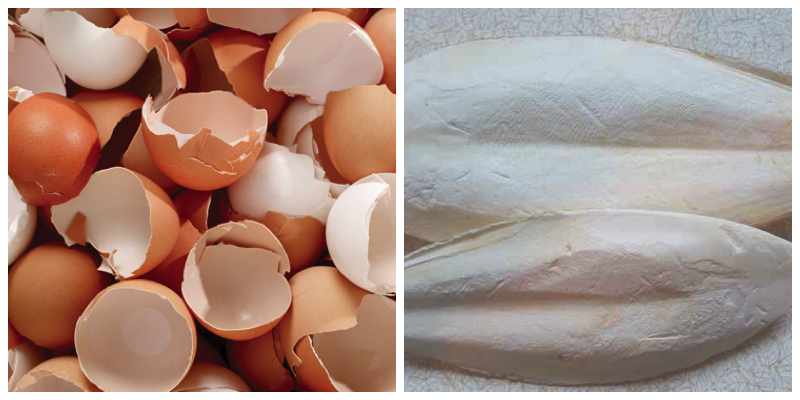
Calcium-rich food sources - Eggshells and cuttlefish bone
Additional Tips and Advice
Here are a few more tips to help you care for your finches and prevent egg binding:
- Observe Nesting Behavior: Keep an eye on your finches during the nesting period. Monitor their behavior and be alert for any signs of distress.
- Educate Yourself: Stay informed about the common health issues that can affect finches. Knowledge is power when it comes to caring for your feathered friends.
- Emergency Kit: Prepare an emergency kit with essential supplies, such as a heating pad, electrolyte solution, and calcium supplement. Having these items on hand can make a significant difference in an emergency.
- Join a Community: Connect with other finch owners and enthusiasts. Online forums, social media groups, and local bird clubs can provide valuable support and advice.
- Consult a Vet: Build a relationship with an avian veterinarian. Regular check-ups and consultations can help ensure your finches receive the best possible care.
Conclusion
Egg binding is a serious condition that can affect finches, but with the right knowledge and preparedness, you can help prevent and address it effectively. Remember to provide a balanced diet, proper nesting conditions, and a stress-free environment for your finches. Stay vigilant for any signs of egg binding and act quickly if you suspect a problem.
Caring for finches can be a rewarding and fulfilling experience. These charming little birds bring joy and beauty to our lives, and it's our responsibility to ensure their well-being. By understanding the risks and taking proactive measures, we can help our feathered friends thrive.
Thank you for joining us on this journey to learn more about egg binding in finches. If you have any questions or would like to share your experiences, please leave a comment below. Let's continue to support and inspire each other as we care for our beloved finches.
Happy bird-keeping, and may your finches always be healthy and happy!
Relative Posts
Recent Posts
- Unlocking the Secrets of Calcium for Healthy Captive Birds
- Hand Feeding Finches
- Why Parents Toss Chicks and How to Help
- Fostering Finches: Ensuring the Survival of Your Feathered Friends
- Sunshine and Finches: A Guide for Indoor Bird Keepers
- Air Sac Mites in Finches: Understanding, Preventing, and Treating
- Introducing New Foods to Your Finch
- Homemade Finch Food Recipes
- Choosing Breeding Gouldian Finch Pairs
- How to Choose a Nest Box for Your Finches

